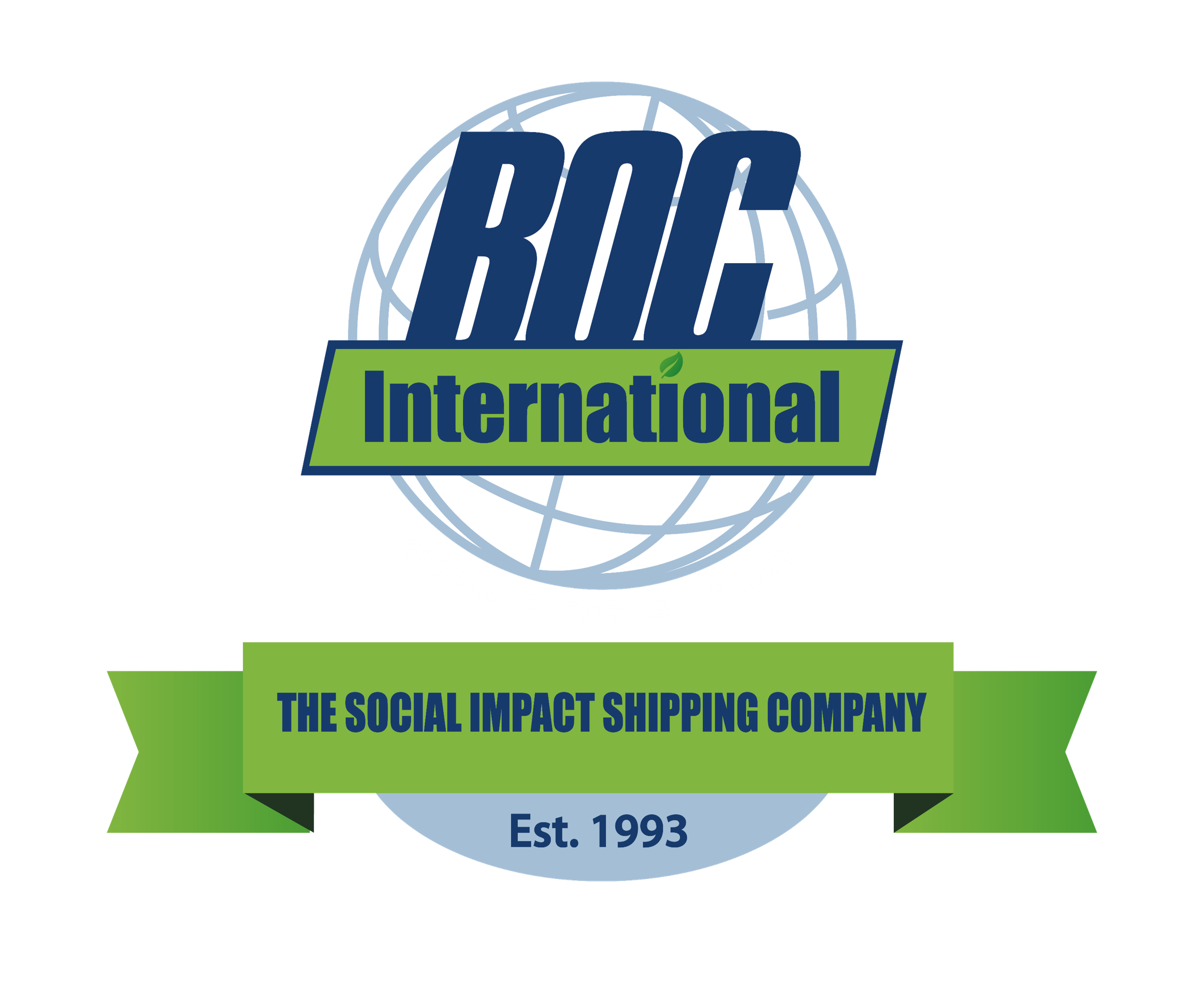
Canadian Longshore Workers Plan Strike at British Columbia Ports
Excerpted from gCaptain.com, Mike Schuler, June 28, 2023
The British Columbia Maritime Employers Association (BCMEA) has received a formal, written 72-hour strike notice from the International Longshore and Warehouse Union (ILWU) Canada as collective bargaining negotiations between the two sides have reached an impasse.
The strike notice pertains to the expired ILWU Canada Longshore Local collective agreement with the BCMEA.
The strike is scheduled to begin on July 1, 2023, at 8:00 am PT in British Columbia.
The two sides have been unable to reach an agreement since the expiration of the previous agreements on March 31, 2023.
The negotiations involve two coastwide collective agreements, one with the Longshore Locals and another with Local 514 Ship & Dock Foremen, representing over 7,400 longshore workers and foremen at Canada’s West Coast ports. These agreements cover various aspects such as wages, benefits, hours of work, and employment conditions.
The BCMEA represents 49 private sector waterfront employers and operators in British Columbia.
In response to strike notice, Canada’s Minister of Labor, the Honorable Seamus O’Regan, and Minister of Transport, the Honorable Omar Alghabra, issued a joint statement emphasizing the importance of reaching an agreement through the bargaining process.
“We strongly encourage the parties to get back to the bargaining table and work together to reach an agreement. That is what matters most right now,” the joint statement said.
The potential strike action has raised concerns about its impact on Canadian supply chains and the movement of goods both domestically and internationally. However, employees responsible for servicing grain vessels, as well as cruise vessels, are expected to be exempt from the strike.
Since March 28, 2023, the BCMEA and ILWU Canada have been engaged in conciliation and mediation efforts, following a notice of dispute filed by ILWU Canada.
The BCMEA maintains it has made multiple proposals in good faith and is aiming to make progress towards achieving a fair agreement. Despite the strike notice, the BCMEA says it is willing to continue negotiations through a federal mediation process in order to find a balanced deal that ensures the stability of ports and the uninterrupted flow of goods for Canadians.
ILWU Canada, on the other hand, says it is seeking a fair deal that achieves its objectives, which include preventing the erosion of work through contracting out, safeguarding longshore workers from the impacts of port automation, and protecting them from the effects of high inflation and rising costs of living. The union emphasized the contributions of longshore workers during the pandemic and expressed disappointment with the BCMEA’s demands for concessions.
“BCMEA and their member employers have refused to negotiate on the main issues,” ILWU Canada said in its statement.
The union called on the BCMEA to drop all concessions and engage in genuine negotiations in order to bring an end to the dispute while respecting the rights and conditions of longshore workers.
The latest industrial action comes just a few weeks after the ILWU on the U.S. West Coast reached a tentative agreement with port terminal operators represented by the Pacific Maritime Association on a new labor contract, ending more than a year negotiations that resulted in major impacts on the U.S. container trade.

